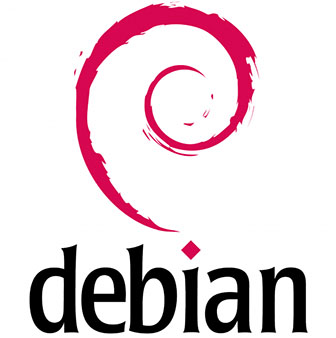
In this tutorial, we will show you how to change the timezone on Debian 11. For those of you who didn’t know, By default, when a server is provisioned a default timezone will get configured automatically with the Coordinated Universal Time (UTC). It happens that sometimes your system may have the wrong time zone or want to change the time zone due to the nature of working or forgetting to set the right time zone at the time of installing the Debian operating system.
This article assumes you have at least basic knowledge of Linux, know how to use the shell, and most importantly, you host your site on your own VPS. The installation is quite simple and assumes you are running in the root account, if not you may need to add ‘sudo‘ to the commands to get root privileges. I will show you through the step-by-step installation of the set timezone on a Debian 11 (Bullseye).
Prerequisites
- A server running one of the following operating systems: Debian 11 (Bullseye).
- It’s recommended that you use a fresh OS install to prevent any potential issues.
- A
non-root sudo useror access to theroot user. We recommend acting as anon-root sudo user, however, as you can harm your system if you’re not careful when acting as the root.
Change Timezone on Debian 11 Bullseye
Step 1. Before we install any software, it’s important to make sure your system is up to date by running the following apt commands in the terminal:
sudo apt update sudo apt upgrade
Step 2. Checking the Current Timezone.
To see the current timezone used on your host, run the following command below:
timedatectl
Output:
root@idroot.us:~# timedatectl
Local time: Tue 2021-09-17 23:30:13 IST
Universal time: Tue 2021-09-17 18:36:13 UTC
RTC time: Tue 2021-09-17 18:46:14
Time zone: Asia/Jakrata (IST, +0530)
System clock synchronized: yes
NTP service: active
RTC in local TZ: no
Another way is to use the cat command to print the time from the (/etc/timezone) file using the command:
cat /etc/timezone
Step 3. Set Timezone on Debian 11.
First, need to find the region and city format. To do this, you will use the timedatectl command to print this list in (Region/City) format:
timedatectl list-timezones
Output:
root@idroot.us:~# timedatectl list-timezones Africa/Abidjan Africa/Accra Africa/Algiers Africa/Bissau Africa/Cairo Africa/Casablanca Africa/Ceuta Africa/El_Aaiun Africa/Johannesburg Africa/Juba Africa/Khartoum Africa/Lagos .....
We will use the timedatectl command to change the time zone in Debian. This method will only work on the latest versions of Debian:
sudo timedatectl set-timezone your_time_zone
For example, to change the system’s timezone to America/Monterrey, you would run:
sudo timedatectl set-timezone America/Monterrey
To confirm your changes were applied by running the timedatactl command:
timedatectl
Output:
root@idroot.ys:~# timedatectl
Local time: Tue 2021-09-03 19:36:46 GMT
Universal time: Tue 2021-09-03 19:39:46 UTC
RTC time: Tue 2021-09-03 19:47:36
Time zone: AAmerica/Monterrey (GMT, +0000)
System clock synchronized: yes
NTP service: active
RTC in local TZ: no
Congratulations! You have successfully changed the timezone. Thanks for using this tutorial for installing the latest version of the set timezone on Debian 11 Bullseye. For additional help or useful information, we recommend you check the official Debian website.